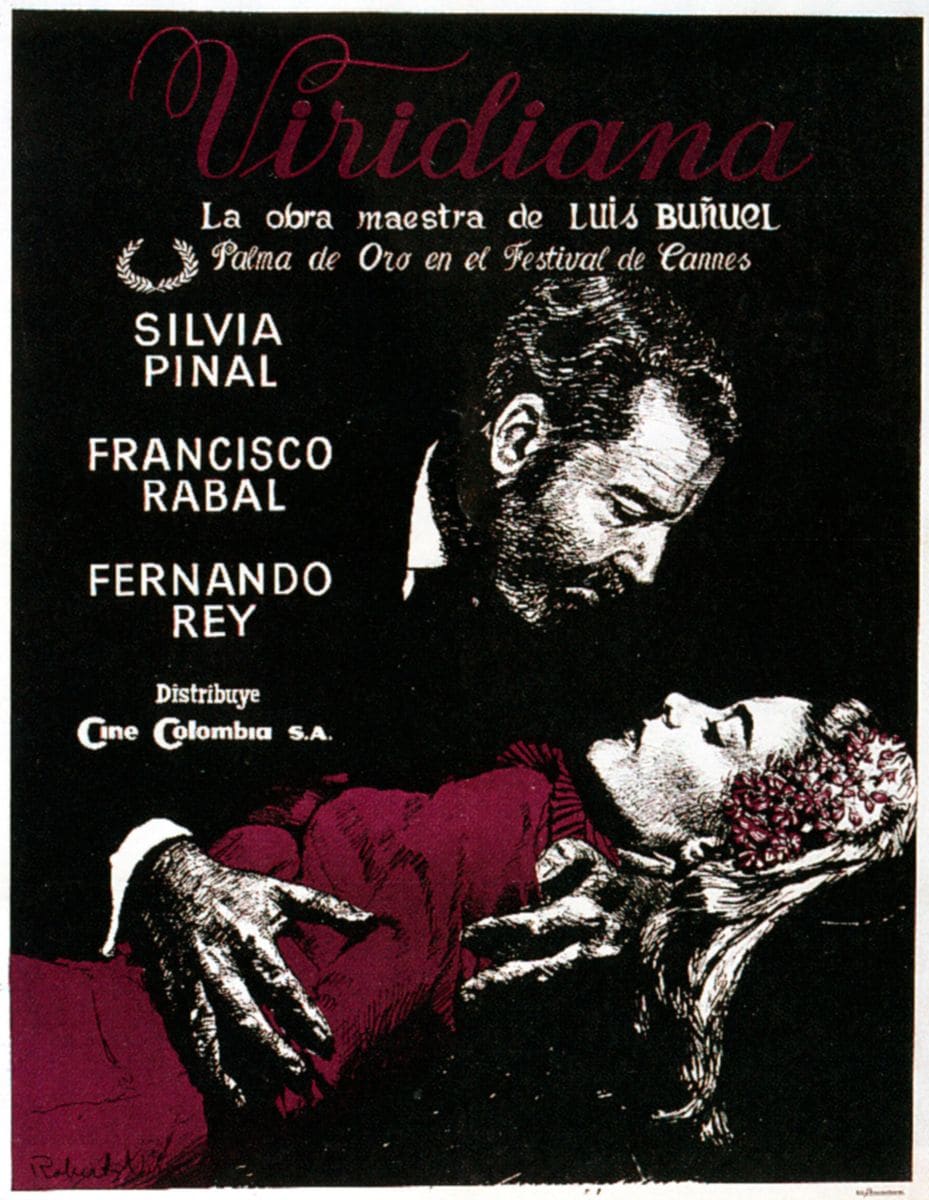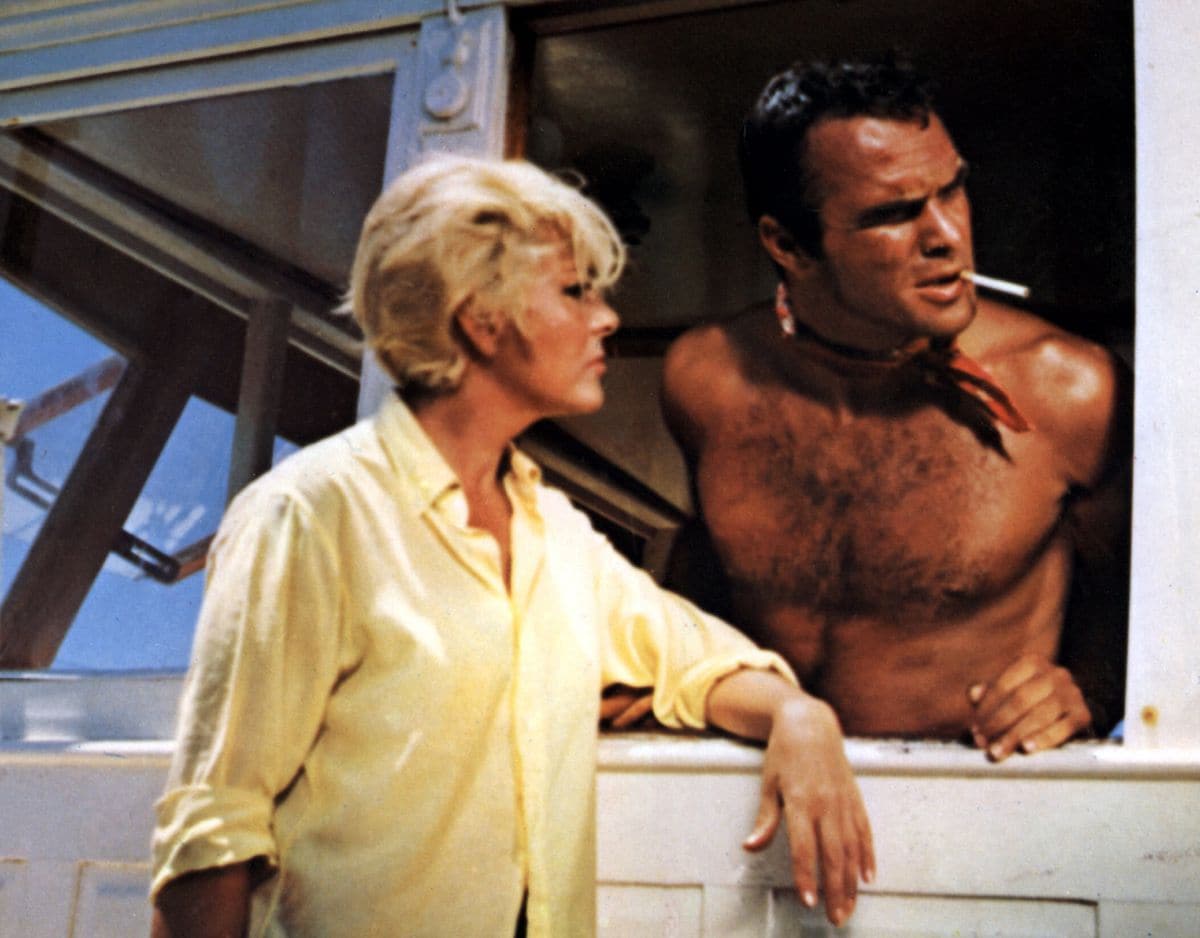Silvia Pinal, one of the greatest actresses in film and television, passed away on November 28, 2024, at the age of 94, her eldest daughter, Sylvia Pasquel confirmed on social media. According to reports from various Mexican media outlets, it was revealed that the artist died in Mexico City surrounded by her loved ones. Her three children, Sylvia Pasquel, Alejandra Guzmán, and Luis Enrique Guzmán, along with other family members, including her granddaughters and great-granddaughters, were by her side.
"Your absence will always hurt me, but every memory of you will give me the strength to move forward. As long as you live in my heart, I will always feel that you are still with me. I will love you forever, Mom. Rest in peace, Silvia Pinal."
Silvia Pinal's Final Days
The legendary Mexican actress was at a medical center in the south of Mexico City due to a urinary tract infection. She was admitted on November 22nd in an emergency situation. As the days went by, her health deteriorated; however, on November 27th, it was reported that she had shown improvement and could soon leave the hospital. Unfortunately, her condition worsened, and by the 28th, she was in intensive care, facing severe difficulties. Her son, Luis Enrique Guzmán, stated that his mother was "in the process of departing."
The tragic passing of the actress was then confirmed by TelevisaUnivision. Pinal had been battling various complications for several years. In December of 2022, she had been hospitalized due to a severe case of influenza, and between February and March of this year, she required hospitalization for sores.
She is survived by her children Sylvia Pasquel, Alejandra Guzmán, and Luis Enrique Guzmán, as well as her granddaughters Stephanie, Frida Sofía, Giordana, Schersa, and her great-granddaughters Michelle Salas and Camila Valero.
"Mexico has lost its Last Diva, but her light will shine eternally in the universe. The TelevisaUnivision Family, her family, profoundly mourns the passing of our beloved Silvia Pinal, and we join in the sorrow felt by her family and friends. Our prayers are with you."
Silvia Pinal's Early Years
Born on September 12, 1931, in Guaymas, Sonora, Silvia Pinal Hidalgo displayed a keen interest in the entertainment industry from a young age. After spending her early years in Sonora, she and her mother, María Luisa Hidalgo, moved to Mexico City. Despite her aspirations to make a mark in the field, her father encouraged her to pursue a different path, leading the young Silvia to study typing.
While balancing her studies and working as a secretary, Silvia Pinal sought opportunities in the entertainment world, taking singing and acting classes. At the Mexican Institute of Fine Arts (INBA), she studied under multiple renowned figures of the time, including writer Carlos Pellicer, playwright Salvador Novo, and author Xavier Villaurrutia.
She made her debut in a beauty pageant, earning the title of Student Princess of Mexico (Princesa Estudiantil de México). Additionally, she participated in radio comedies on XEQ and began taking on various roles in theatrical productions in the early 1950s, appearing in works such as Los caprichos de Goya and Un sueño de cristal.
Silvia Pinal's Journey in Cinema
In 1948, Pinal had the opportunity to appear in her first film, El pecado de Laura, where she had a supporting role. This was followed by other films, including Mujer de medianoche (1949), El portero (1950), and El rey del barrio (1950). Gradually, she started landing co-starring roles in movies like Azahares para tu boda (1950) and Cuando los hijos pecan (1952).
In 1953, she received her first award—a Silver Ariel for Best Supporting Actress for her performance in Un rincón cerca del cielo (1952). After this recognition, Pinal secured her first leading roles in cinema, but it was in 1954 with the film Un extraño en la escalera, co-starring Arturo de Córdoba, that she gained widespread fame.
In 1956, she collaborated with Pedro Infante in El Inocente, one of the most iconic and beloved films of her career, forming an unmatched duo. That same year, she won a Silver Ariel for Best Actress for her role in Locura pasional, written and directed by Tulio Demicheli. The following year, Pinal earned her second Ariel for Best Actress for La dulce enemiga.
Silvia Pinal: The Great Muse of Luis Buñuel
Silvia Pinal also worked in Europe with prominent directors such as José María Forqué and Fernando Fernán Gómez. One of her most notable collaborations with foreign directors was in Viridiana (1961), a film directed by Spanish filmmaker Luis Buñuel. This film won the Palme d'Or at the Cannes Film Festival.
In 1964, she also worked with Buñuel on El ángel exterminador. This film received worldwide acclaim and is listed among 'The 1000 Best Movies' by the New York Times in 2005. Her final project with Buñuel was Simón del desierto in 1965.
Silvia Pinal: Her Work on Television
In television, she starred in soap operas such as Los caudillos and Mañana es primavera, and in the late 1980s, she created and produced Mujer: casos de la vida real, which depicted cases and issues affecting Mexican society at that time. This program aired for 21 years until it concluded in 2007. She produced the Mexican version of Mame, a musical comedy. In 1988, she acquired Cine Estadio, which she refurbished and transformed into Teatro Silvia Pinal.
In the 2000s, she appeared in soap operas and series such as Fuego en la sangre, Mujeres asesinas, Soy tu dueña, Mi marido tiene familia, and its sequel. In 2008, she won the Ariel de Oro for her outstanding career and collected four Diosas de Plata awards.
Between 2021 and 2022, she filmed the short film El escandaloso encanto de los egos rotos, her final film which was directed by Jaime Urquiza.
Silvia Pinal's Work in Politics
In the political arena, the actress held significant positions, serving as the First Lady of Tlaxcala from 1981 to 1987. In 1991, she joined the Institutional Revolutionary Party (PRI) and was elected as a federal deputy. She later became a senator for the same party, serving from 1997 to 2000.
Silvia Pinal's Married Life
Regarding her personal life, she was married four times. Her first marriage was to Rafael Blanquells from 1947 to 1952, and from this union, their first child, Sylvia Pasquel, was born. Her second marriage was to businessman and film producer Gustavo Alatriste, with whom she had Viridiana Alatriste, who tragically died in a car accident in 1982 at the age of 19. Her third marriage was to singer Enrique Guzmán, who was 11 years her junior. They were together for nine years and had two children, Alejandra Guzmán and Luis Enrique Guzmán, before divorcing in 1976.
Her fourth and final marriage was to politician and Governor of Tlaxcala, Tulio Hernández Gómez. They were married for 13 years until their divorce in 1995.
,type=downsize)







